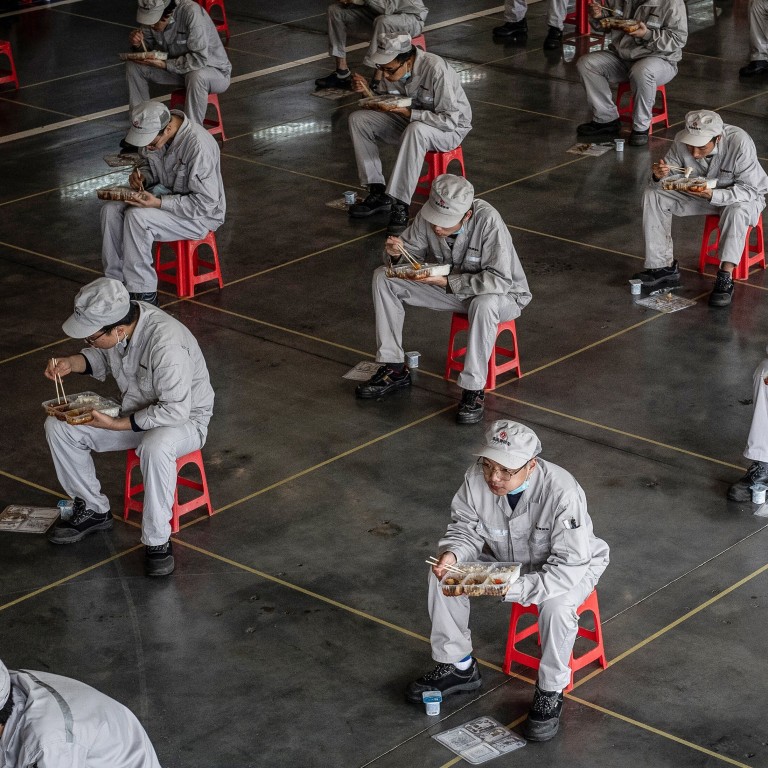
Coronavirus: Nature magazine apologises for reports linking Covid-19 with China
- Scientific journal admits it ‘was an error on our part’ to erroneously link the pathogen with Wuhan and China
- ‘It would be tragic if stigma, fuelled by the coronavirus, led Asia’s young people to retreat from international campuses,’ it says
“That we did so was an error on our part, for which we take responsibility and apologise,” it said.
“It’s clear that since the outbreak was first reported, people of Asian descent around the world have been subjected to racist attacks, with untold human costs – for example, on their health and livelihoods.”
The article said that while it had been common for viral diseases to be associated with the areas in which outbreaks had occurred – like Middle East respiratory syndrome and the Zika virus, which was named after a Ugandan forest – the WHO had introduced guidelines in 2015 to reduce the negative impact of such labelling on people from those areas.
The impact of a stigmatised virus name would have “worrying implications” for students from China and other countries in Asia, “hurting the diversity of university campuses and diversity of points of view in academia”, it said.
“It would be tragic if stigma, fuelled by the coronavirus, led Asia’s young people to retreat from international campuses, curtailing their own education, reducing their own and others’ opportunities and leaving research worse off – just when the world is relying on it to find a way out,” it said. “Coronavirus stigma must stop – now.”
Beijing has strongly objected to any links between Covid-19 and China, saying that the origin of the coronavirus remains unknown and that establishing where it came from should be left to the scientific community and not be used as a political football.
US President Donald Trump repeatedly used the term “Chinese virus” in relation to the health crisis before dropping it last month after acknowledging there had been a rise in “nasty language” directed at the Asian-American community.
Brazilian lawmaker Eduardo Bonsolaro, son of the country’s president, Jair Bolsonaro, has said that the coronavirus was China’s fault.
How army of food delivery drivers helped keep China going during outbreak
Since the coronavirus outbreak began at the end of last year there has been an increase in reported racist abuse of people of Asian descent around the world, including in one case, three members of an Asian family in Texas, including two children, aged six and two, being stabbed.
“As countries struggle to control the spread of the new coronavirus, a minority of politicians are sticking with the outdated script,” the Nature report said.
“Continuing to associate a virus and the disease it causes with a specific place is irresponsible and needs to stop.”
Sign up now and get a 10% discount (original price US$400) off the China AI Report 2020 by SCMP Research. Learn about the AI ambitions of Alibaba, Baidu & JD.com through our in-depth case studies, and explore new applications of AI across industries. The report also includes exclusive access to webinars to interact with C-level executives from leading China AI companies (via live Q&A sessions). Offer valid until 31 May 2020.

